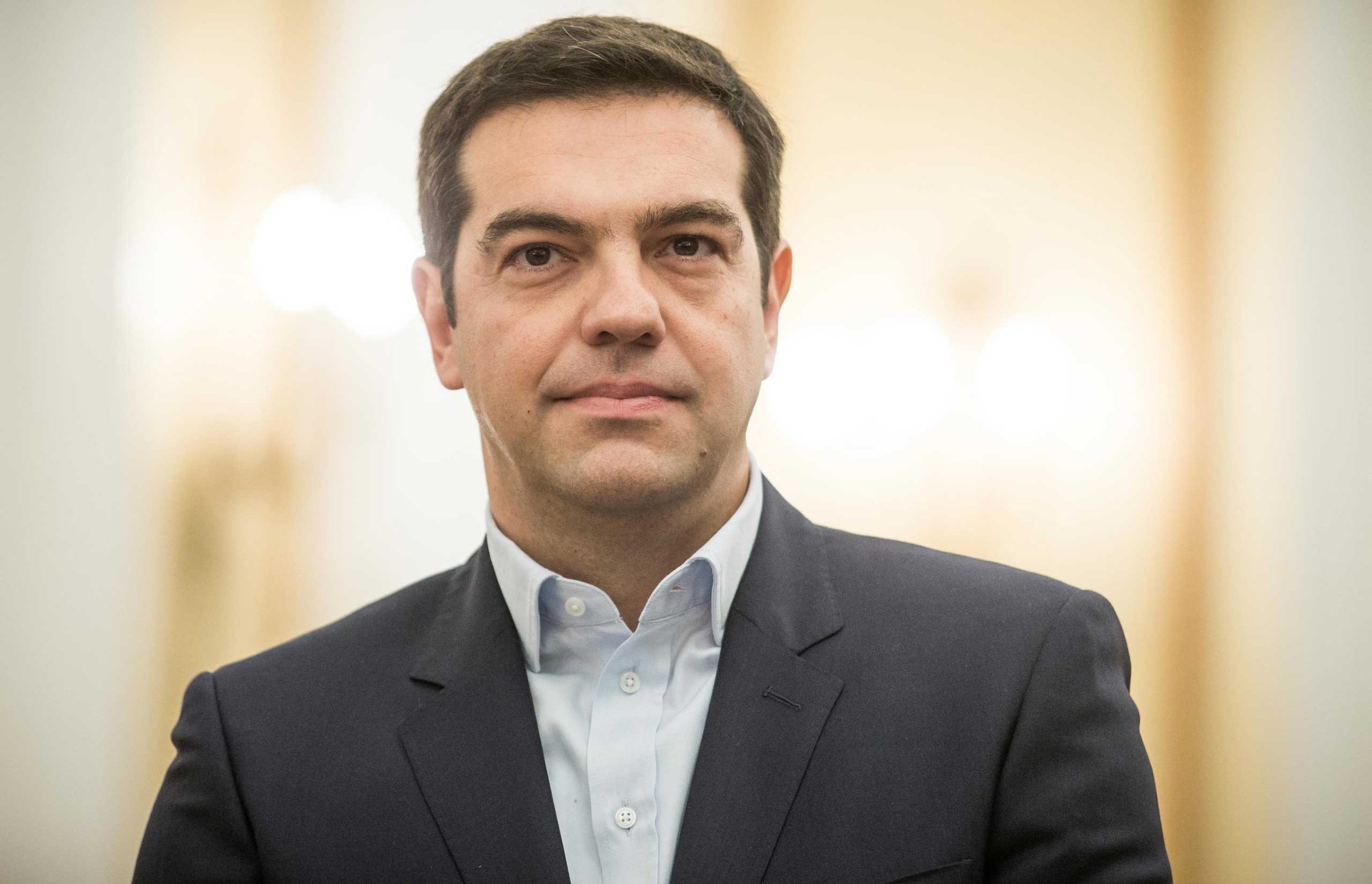
Greece’s new government came to power on a promise of a clean break with capitalist orthodoxy. Two days into the experiment, capital is making a pretty clean break with Greece instead.
The Athens stock market has fallen 11% since Alexis Tsipras‘ left-wing Syriza party won Sunday’s elections, and the yield on Greece’s three-year bonds has rocketed to 16.9% from an already-elevated level of 14% as investors take fright at the openly confrontational stance Tsipras has taken.
Bank stocks, in particular, have been routed, falling between 32%-40% since Sunday amid fears of widespread deposit runs even before Greece gets to a situation where it has to choose between staying in the Eurozone and leaving it.
Since Monday, Tsipras has stopped a landmark privatization and indicated he will raise the minimum wage to €751 a month ($853), reversing two key parts of the country’s bailout agreement with the International Monetary Fund and Eurozone.
And to make sure people get the point that Plan A is for confrontation rather than cooperation, Tsipras’ spokesman also raised the prospect of blocking further European Union sanctions on Russia over its role in the Ukraine conflict, saying that it hadn’t been consulted before the E.U. put out a statement in the name of its 28 heads of government promising to “consider further restrictive measures.”
At his first cabinet meeting Wednesday, Tsipras reportedly told colleagues he won’t default on the country’s €240 billion ($272 billion) in bailout loans but rather try to renegotiate the debts.
But it’s hard to see what other levers Tsipras can pull, other than by refusing to pay and exiting the Eurozone. It won’t get the remaining €7 billion ($7.95 billion) in bailout funds from the creditors while it’s busy reversing key parts of the bailout program, and it will lose access to those loans at the end of February. No bailout assurances would also force the European Central Bank to withdraw its support for the banking system, with dire consequences.
“Europe has time and money, a Greece mired in uncertainty has little of either,” says Holger Schmieding, chief economist for Berenberg Bank in London.
Analysts say Tsipras will find it much harder than he thinks to find allies among other Eurozone governments. Schmieding points out that even likely allies such as Italy and Spain will be reluctant to encourage their own left-wing populist parties by siding with Greece against a large bloc of northern and eastern European members led by Germany. Even France, which is openly sympathetic, has said that it expects the existing bailout agreements to be respected.
Italy and Spain, like almost all the rest of the Eurozone, are currently funding themselves at record low interest rates thanks to the European Central Bank’s decision to launch ‘quantitative easing’. The advantages of choosing Greece’s company over than France’s and Germany’s aren’t obvious, in such circumstances.
“Funding lunacies such as re-regulating the Greek labour market, creating a bad precedent and rewarding a populist who reneges on his country’s obligations and makes it less, rather than more, competitive is not part of the plan,” Berenberg’s Schmieding said in a note to clients.
But the outlook isn’t hopelesss. There is more to the bailout than budget cuts, and there is more to Syriza’s policy platform than unabashed Socialist redistribution. The creditors won’t quibble with anything Syriza does to abolish tax evasion by its super-rich, one of the top three priorities named by Yannis Varoufakis, the new finance minister. And the creditors still have room to cut the cost of the bailout loans, and to stretch out the repayment schedule still further, offering a face-saving compromise.
“Offering such deep reforms up front in areas where previous governments have failed is the best hope to secure a meaningful quid-pro-quo on the pace of fiscal consolidation and debt re-profiling,” says Christian Odendahl, chief economist at the Centre for European Reform.
By contrast, Odendahl says, the worst thing Tsipras could do is to try to blackmail Chancellor Angela Merkel, especially over the Russia issue. Merkel has already faced down her own powerful export lobby at home to counter what she sees as an existential threat to Europe’s democratic order, and is likely to react badly to any attempt to undermine the bloc’s efforts to make Russia pay for its destabilization of Ukraine.
More Must-Reads from TIME
- Why Trump’s Message Worked on Latino Men
- What Trump’s Win Could Mean for Housing
- The 100 Must-Read Books of 2024
- Sleep Doctors Share the 1 Tip That’s Changed Their Lives
- Column: Let’s Bring Back Romance
- What It’s Like to Have Long COVID As a Kid
- FX’s Say Nothing Is the Must-Watch Political Thriller of 2024
- Merle Bombardieri Is Helping People Make the Baby Decision
Contact us at letters@time.com